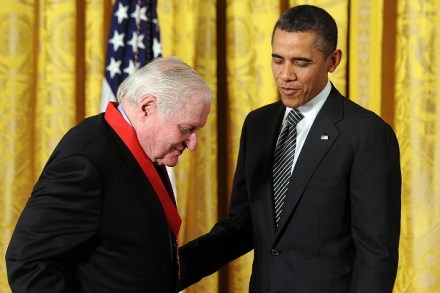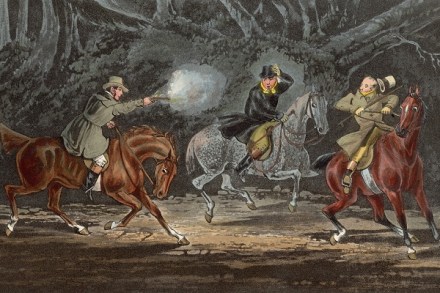Contamination
A shrouded skull flanked by serpents above a tureen inscribed with the words, ‘There is death in the pot’ (2 Kings 4:40), ornaments the title page of A Treatise on the Adulterations of Food by Frederick Accum (1820). Accum details hair-raising additions to food in the pursuit of profit, not just alum to bread but lead pigments to anchovy sauce and laurel berries to custard (which made three little children in Yorkshire fall insensible for ten hours, and lucky to survive). Alum is a mineral otherwise used as a styptic. Three decades on, Tennyson in Maud wrote: ‘Chalk and alum and plaster are sold to the poor for bread /














